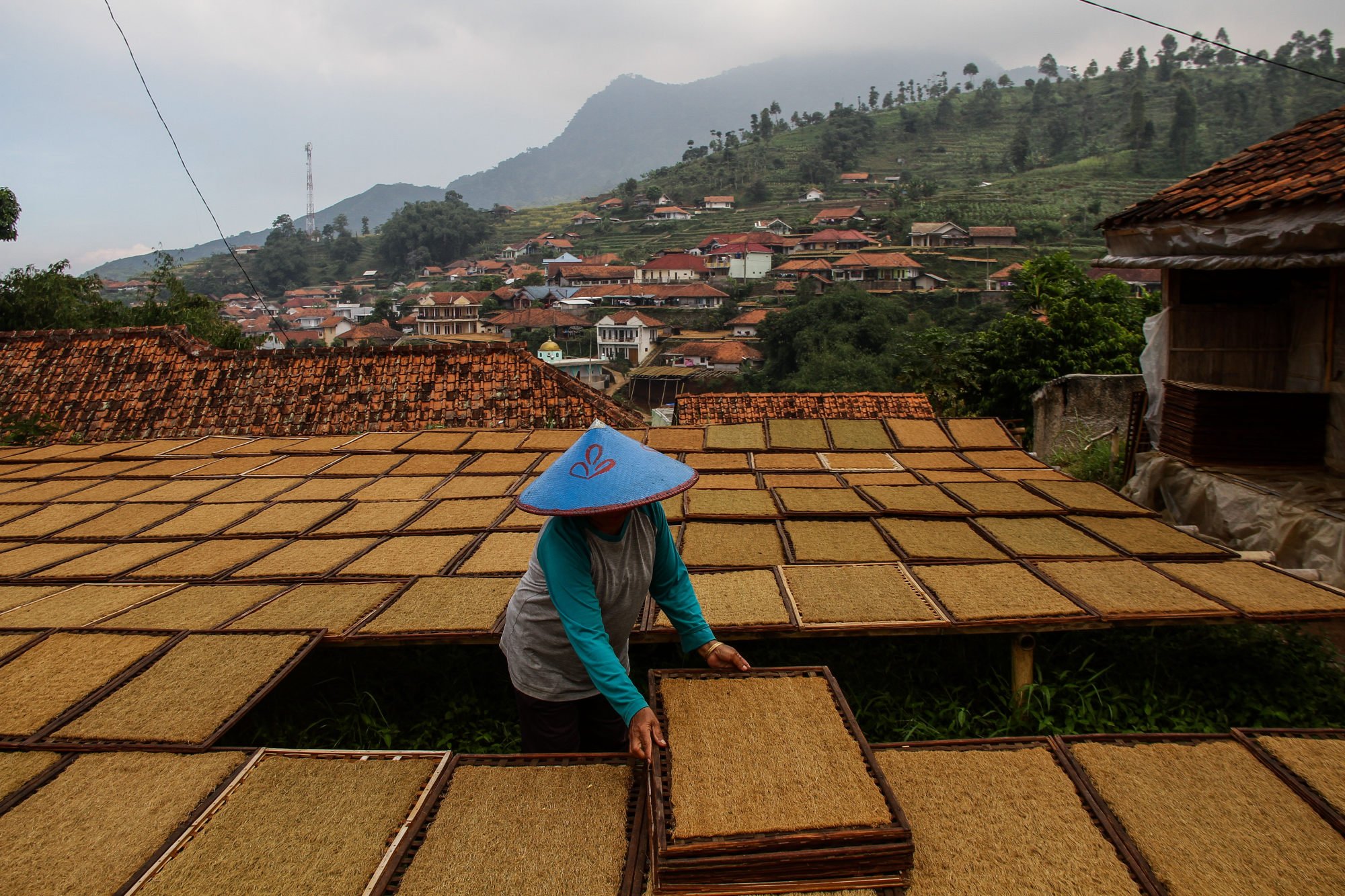Southeast Asia gets to grips with vaping as Gen Z piles in to puff: ‘I thought it was cool’
[ad_1]
Critics say regulators have dithered over the laws – and tax potential – associated with a product that has become wildly popular in less than a decade. Meanwhile, the number of vape fans is growing as health experts warn that it is exposing young people – some still in school – to nicotine and other harmful substances many believe are only found in cigarettes.
Opinion | How raising tobacco taxes can save lives and cut poverty across Asia-Pacific
Opinion | How raising tobacco taxes can save lives and cut poverty across Asia-Pacific
Smoke screen
But vaping is a habit that comes at a premium. Khanh Le can afford to buy higher-quality imported vapes from certified producers, which cost around US$27 each.
“I prefer Russian or American-made products because I trust them more,” Khanh said. In Thailand, vape pens are sold on the street for up to US$17 – several times higher than the price of a carton of cigarettes.
Vietnamese lawmakers have called on the government to ban all e-cigarette products in Vietnam, citing health concerns. The current tobacco harm prevention and control law dates back to 2012, but it did not include e-cigarettes in its scope.
In November, Minister of Trade Nguyen Hong Dien said a proposal to extend the law to include new-generation tobacco products, such as e-cigarettes and heated tobacco, would be submitted to the prime minister soon. But he noted the competing positions of the Ministry of Health, which wants a ban, and the Ministry of Justice, which wants to see where vapes fit in the current definition of tobacco products.

Vietnamese law prohibits the sale of cigarettes to anyone under 18 years old. But for young people seeking a puff of a vape, the black market readily provides.
“I enjoy vaping and many friends asked me to help them buy vapes. I thought it was a good idea to start a business, so I began selling them,” said Tung Tran, 23, who has been selling vape products for a year, mainly through Facebook.
Unlike other vendors, he says he refuses to sell to anyone under the age of 18. “My products primarily come from China and range in price from US$13 to US$21 because my customers can afford this price range.”
Southeast Asia has some of the highest cigarette smoking rates in the world, especially in Muslim-majority nations, led by Indonesia. Efforts to stub out the habit have been patchy.

Late last year, Malaysia’s government pulled back from a pledge to introduce a generational ban on tobacco, as a former minister accused the country of buckling to pressure from “Big Tobacco” despite the escalating health costs associated with having nearly 5 million smokers.
The health impacts of addiction and long-term vaping are still disputed, yet experts tend to agree that it is a habit not without consequence.
“Vape and all its derivatives still contains nicotine and tar, not to mention other chemicals used in its production,” said Yayi Suryo Prabandari, a long-time researcher into nicotine addiction at Yogyakarta’s Gadjah Mada University in Indonesia, where nearly 30 per cent of over-15s are smokers. “Lab tests have clearly shown these compounds to be hazardous to our health.”
Singapore boosts vape crackdown on air travellers to stub out smoking habit
Singapore boosts vape crackdown on air travellers to stub out smoking habit
Yayi cautioned against the frequent characterisation of e-cigarettes as a “healthier option”, stressing that scientific research on the long-term health effects of vaping remains inconclusive.
Aware of the risks, Singapore is trying to stamp out vaping before it takes hold.
Singapore has the most stringent anti-smoking laws in Asia. Smokers have to be 21 to buy cigarettes and can only smoke in designated zones, designed to protect the public and schoolchildren from second-hand smoke.

Those found guilty of importing, distributing, selling or offering to sell them can be jailed for a year. “Despite the ban, the authorities have observed that some users continue to purchase e-vaporisers online, from messaging applications such as Telegram, or when they go overseas,” the agencies said in a joint statement, vowing to “disrupt the sales and supply” of vapes in the city.
The vaping ‘movement’
Indonesia has taken perhaps the most laissez-faire approach to vaping in the region, allowing the industry to billow out as long as tax is paid.
The country already has one of the highest smoking rates in the world and is one of the biggest producers of tobacco worldwide, with nearly 40 per cent of its vast population estimated to be smokers.
Lobbyists say vape pens help wean heavy smokers off cigarettes, and point to a thriving industry that employs 200,000 people nationally.
Among them is Jakarta entrepreneur Rifqi Habibie Putra, 38, who is constantly on the move around Indonesia these days. The deputy chair of Indonesian Vape Retailers has a mission to fulfil: spreading the movement by providing training workshops for prospective “vaporistas”, sales agents who double as e-cigarette consultants.
Almost 90 per cent of all the vape liquid sold in the country is produced locally now, so we are also good for the economy
“We have over 1,200 vape kiosks operating throughout the country and each has a minimum of two vaporistas. So we employ around 2,500 people,” said the 38-year-old owner of Baba Vape Bar and founder of the Indonesia Vaper Movement.
“Almost 90 per cent of all the vape liquid sold in the country is produced locally now, so we are also good for the economy,” Putra said, adding that last year the industry contributed around US$85 million in taxes to the state’s coffers.
Indonesia imposed an additional 10 per cent tax on e-cigarettes from January 1 and a new law regulating the vaping industry is expected this year. Researcher Yayi, who is a campaigner for stringent regulations on e-cigarettes, said ideally vaping should only be allowed for use by recovering smokers of conventional cigarettes under medical supervision.
Malaysia’s move to stub out smoking ban slammed as win for ‘Big Tobacco’
Malaysia’s move to stub out smoking ban slammed as win for ‘Big Tobacco’
“The new law must treat vape in the same way as its conventional variant and advertising it must be prohibited. Earlier in August, Indonesia passed its new Health Act in which both conventional and e-cigarettes are classified as products containing “addictive substances”.
But in a country where almost one in three adults smoke, public health concerns often take a back seat.
“If it’s produced locally and can generate employment and revenues for the state, we should support this,” said lawmaker Firman Subagyo, who will sit on the parliamentary committee on the new law.
[ad_2]
Source link

